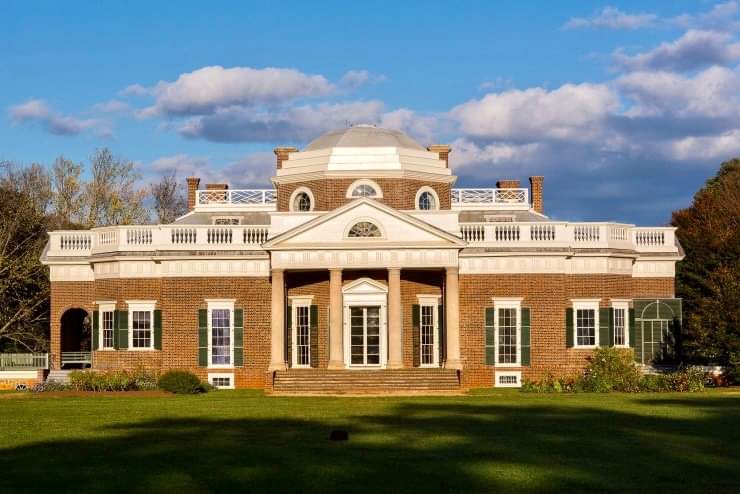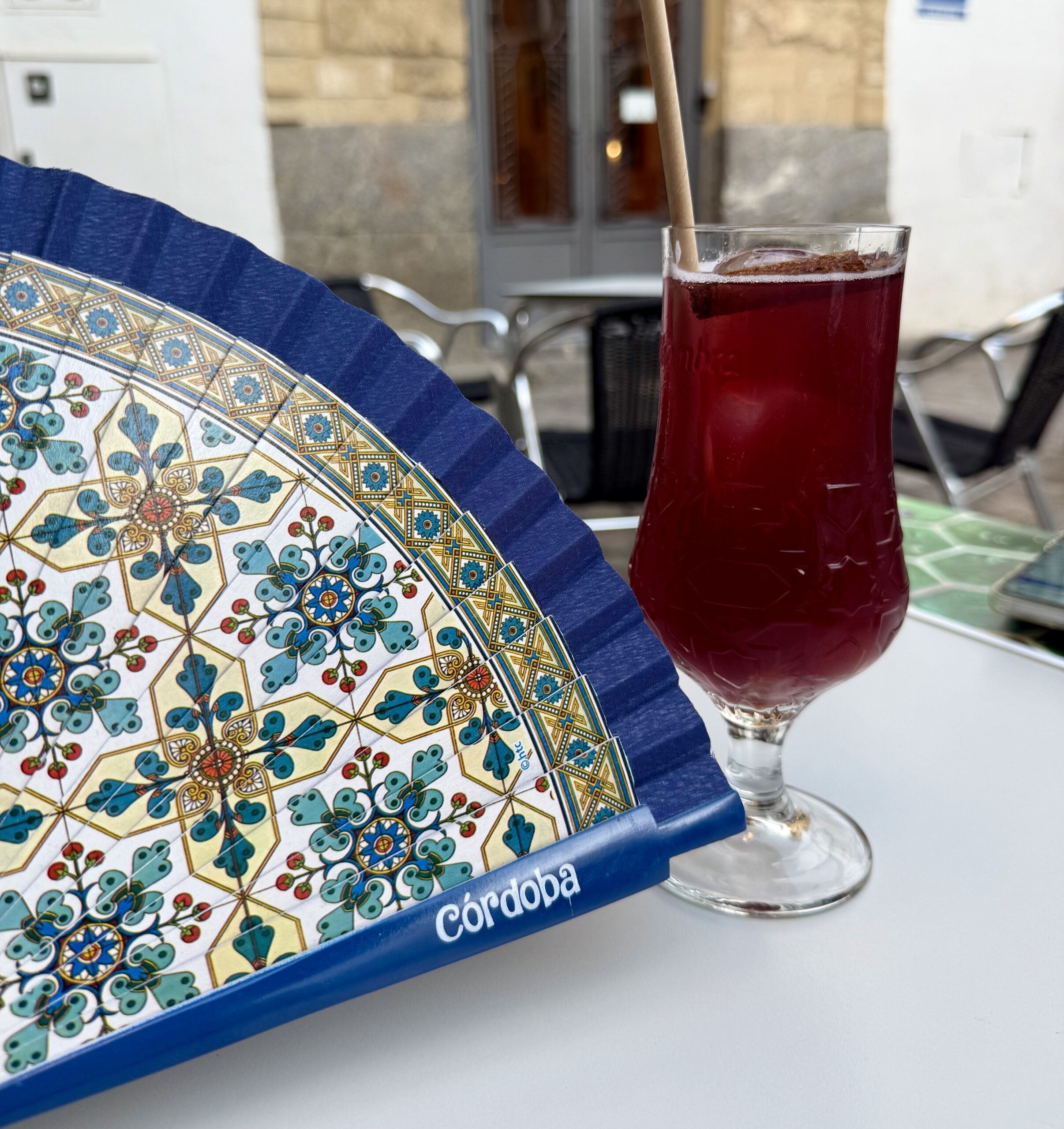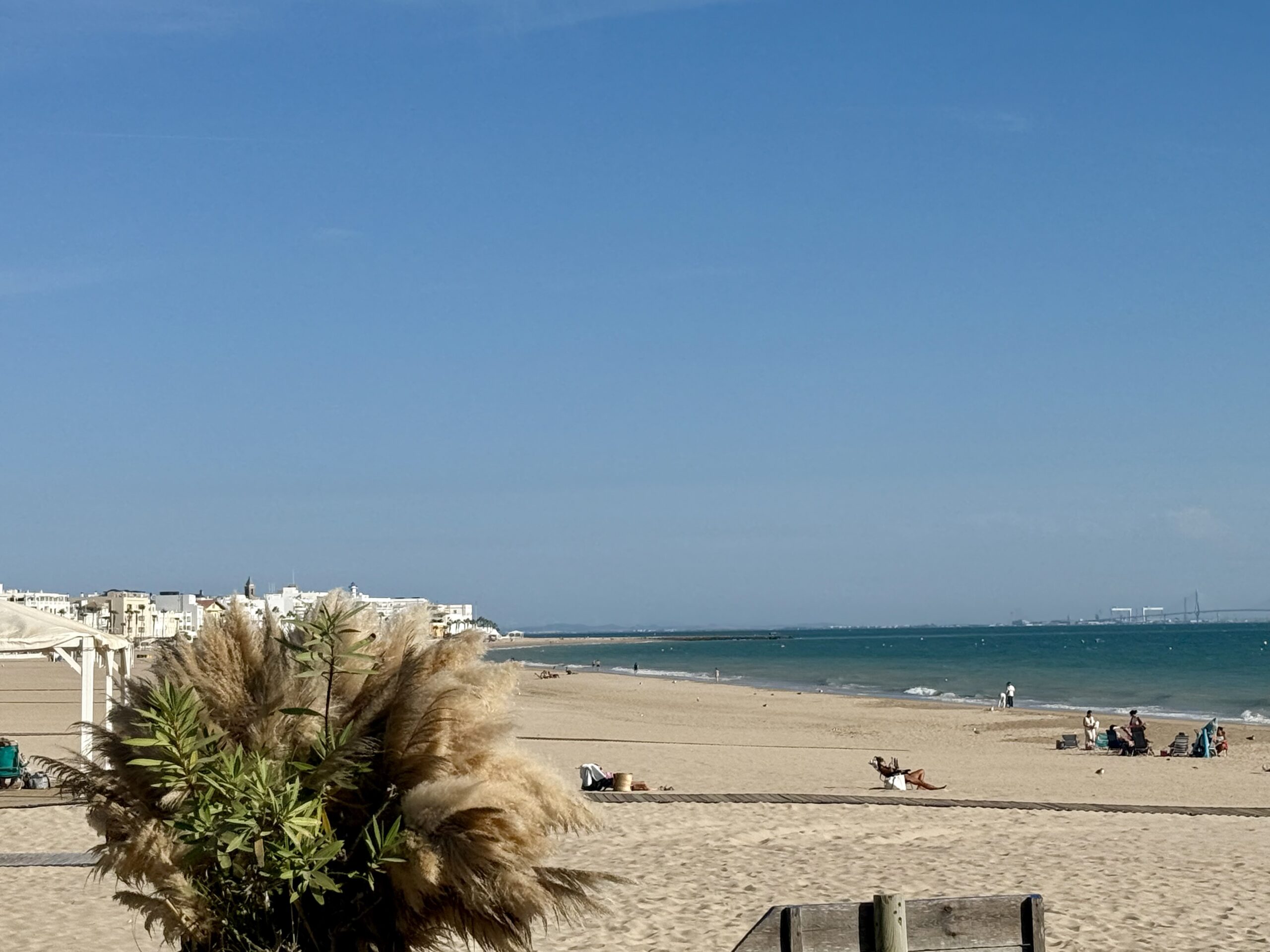
Those big Monticello windows
June 13, 2022
Thomas Jefferson crumpled yet another piece of parchment, and tossed it among the others as Sally Hemings stepped into the library. “Words not flowing again, Tommy?”
Jefferson winced at the familiarity coming from a slave, whom he loved deeply and without a shred of irony.
“I dreamt I saw Liberty as a tree,” he replied.
“Oh, oh,” Sally said. “Methinks I see a metaphor afoot in that brain of yours.”
“What’s a metaphor?” Jefferson asked.
“Exactly,” Sally replied with a sly smile.
Wha – oh, cute,” Jefferson said, though smarting that he fell for the pun. He disliked Sally when she acted “woke.”
“I dreamt of this tree of Liberty and I was standing before it bloody and wounded. I want to say something lofty about that image.”
“You mean like that howler you had in the Declaration ‘that all men are created equal?'” They’d both found themselves staring out those floor to ceiling Monticello windows to Jefferson’s slaves bent over and toiling under a hot Virginia sun.
Sally said, “Well, don’t look at me. Trees mean something that ain’t lofty at all to my people.”
“What do you mean”
“Are you familiar with the phrase “strange fruit?”
Jefferson shook his head.
“Well, think of it the next time you discipline one of your runaways,” Sally said sharply.
Jefferson furrowed his brow, shuffled some parchment and crossed his legs, but couldn’t think what Sally might be getting at. Then he had what he immediately realized was one of his genius ideas.
“What about this, Sal. ‘The tree of Liberty must occasionally be watered with the blood of patriots.'”
Sally asked, “What’s a patriot?”
“Why someone who believes in Liberty,” Jefferson answered proudly.
“Ah, so you mean like a runaway slave, then?”
Jefferson shot up from his writing table. “What? Are you crazy? A slave can’t be a patriot.”
You got that right, massa, Sally thought bitterly, but said instead, “why not?”
Because a patriot has beliefs he is willing to die for, strong beliefs, lofty beliefs, beliefs he holds to be absolutely true in all cases.”
“You mean like that howler you had in the Declaration ‘that all men are created equal?'” They’d both found themselves staring out those floor to ceiling Monticello windows to Jefferson’s slaves bent over and toiling under a hot Virginia sun.
Jefferson fumbled. “Well, in most cases. In many cases. In some cases. In cases that are important to him, anyway.” Even Jefferson thought he was spinning like a pinwheel in a strong wind.
Sally said, “I heard that Federalists eat babies.”
Jefferson brightened. “Yes! I’ve heard that too.”
“Do you believe it?”
“Depends,” Jefferson mused.
“On what?”
“On how many voters would believe it.”
“What if the voters are idiots?”
Jefferson considered the white men of property that he knew personally. “I suppose that’s possible, Sally.”
Sally said, “So that tree of yours could be watered by some really bad blood, depending on what “patriots” are believing at any one time.”
“Yes.” Jefferson started thinking maybe his metaphor was on shaky ground. Maybe slavery, lynching, white supremacy and well regulated militias for that matter could muddy the blood of patriots sufficient to poison that tree of Liberty.
Jefferson stared out that big Monticello window that Jefferson believed would always provide the Big Picture for him. “Maybe I need a new metaphor,” he told Sally.
Sally Hemings, joining Jefferson at that window, considered the slaves see saw bent and toiling against their will out there and said, “Maybe you do. Why not start with with you actually are seeing out there, Tommy.”



Be the first to comment